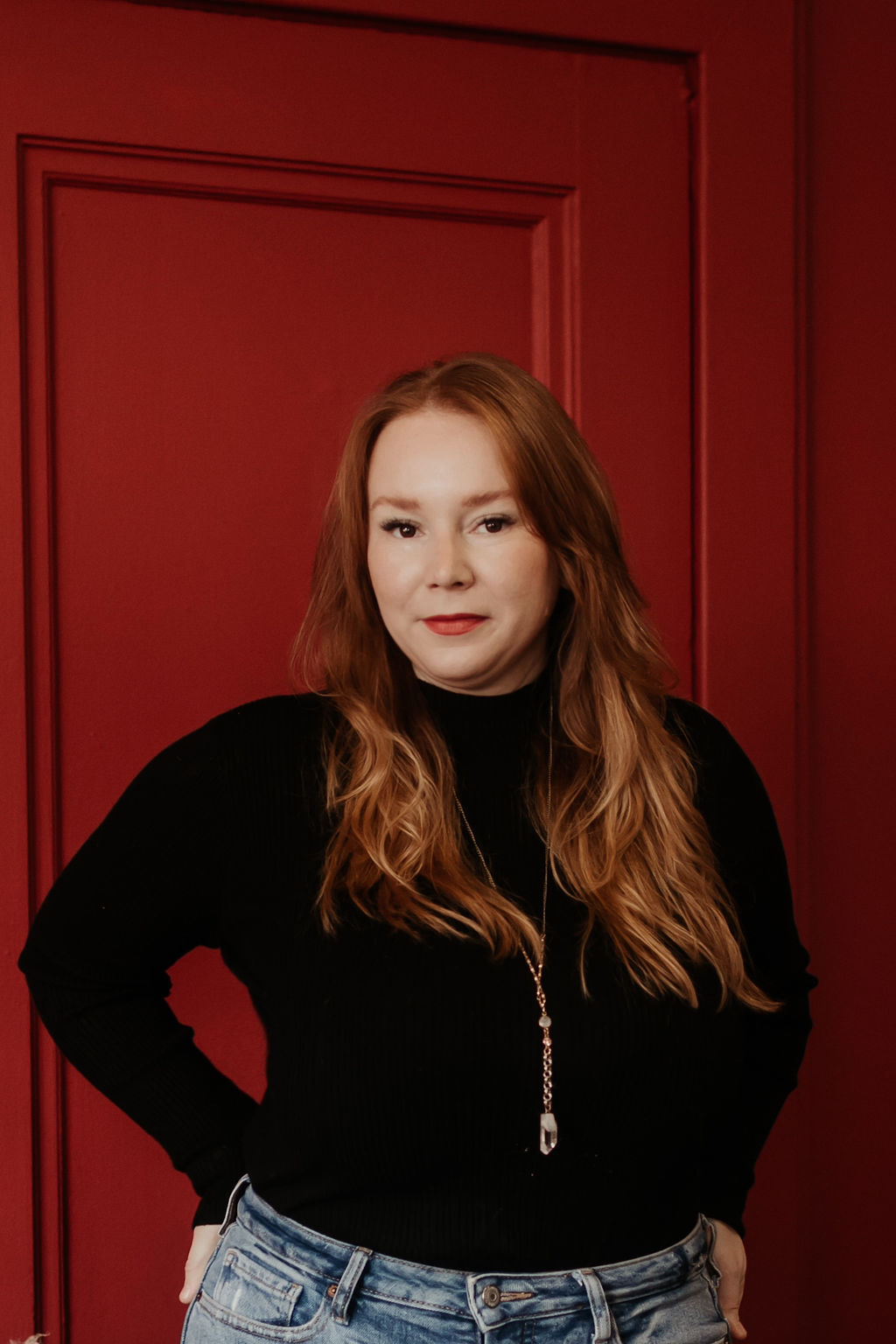Vancouver’s folksy, neo-soul queen isn’t afraid to tell the truth.
There’s a bit of hard truth and earned honesty written into Frazey Ford’s sophomore album Indian Ocean.
A collaboration between Al Green’s band, the Hi Rhythm Section in Memphis, Tennessee, and her own players here in Vancouver, the album is equal parts beefed-up soul with the help of the south’s veteran players and Ford’s own well-established writing chops.
Full of themes of loss, ending relationships, and spirituality, the 10-track record (11 if you count the hidden acoustic rendition of “September Fields”) came as a result of an encounter with filmmaker Robert Gordon, who was working on a documentary on Memphis soul.
Being invited out down south to record and write with the Hi Rhythm section at the historic Royal Studios kicked off the process, but Ford admits that, at a certain point, she just wrote the album she needed to write.
“I felt pretty intimidated because I’ve been listening to what they’ve done pretty obsessively for many years,” Ford admits over the phone from her Vancouver home.

“I think the thing about meeting someone you really admire [is] at first all you can think about is their work and how much it meant to you but rest is like, they’re just a person and you can relate to them person-to-person. Quite quickly they made me feel like family and they helped me relax. In the end, I had to let that go and write how I write.”
While the soul influence—with Wurlitzer undertones, tight horn sections, and slackened bass lines—gives the album a bigger-band backing, it’s ultimately Ford’s lyricism that carries Indian Ocean.
“All the lyric writing comes from me, and I would say it’s always about my life or somebody close to me,” she confirms.
However, Ford is steadfast in her assertion that, contrary to the common charge, Indian Ocean is not a break-up album.
“The previous album was a break-up album,” she offers of her 2010 solo debut, Obadiah.
“There’s some stuff that is kind of more related to a break up, but in some ways that doesn’t matter what my personal experience is or where these songs come from. To me, a good song is something that people can relate their own experience to.”
Take, for example, the girl-power ballad, “Done.” While it has all the trappings of a great break-up song, at core, it’s an expression of hard truth and catharsis.
It’s easy to read into lyrics like “I was taking every hit from you / You drive-by-shooting son-of-a-bitch / And I’m done …” as damning missives towards an ex, but Ford maintains it isn’t that simple.
“When I wrote ‘Done’ and I listened back to it for the first time, I felt like ‘Ok, this is an expression of feminine anger.’ In a way, our culture is so afraid of that. Socially, it’s hard to find icons of feminine anger that are acceptable,” she says.
“I think anytime someone comes forward and isn’t afraid to be truthful about whatever’s going on in their relationship or in their family line or in their workplace or in an industry and just kind of say things as they are, I really respect that, because its sanity versus pretending something’s fine.”
While she names local politicians Elizabeth May and Libby Davies as women she admires for being bold enough to “be truthful and speak clearly,” her woman of the day is M.I.A., who, on the day Loose Lips Magazine reaches Ford, has just dropped her video for “Borders.”
“The images that are presented in mainstream culture are so powerful and, to a large extent, dominated by one perspective,” Ford explains, telling Loose Lips she reveres M.I.A. for standing up to the plate, as it were.
For those who haven’t been on the Internet for the past week, M.I.A.’s “Borders” pictures people desperately crossing deserts, fences, and bodies of water — an undeniable comment on the Syrian refugee crisis.
M.I.A. – BORDERS – M.I.A. from Idioti on Vimeo.
“The way she puts that forward is just through the imagery that she stands with people. There’s all these people and she’s simply standing with them. It’s a really simple message and it’s very powerful, especially in a climate where there’s this kind of fear and manipulation in the general narrative. I just thought it was powerful and bad ass and I love that she’s not afraid to put herself forward as a spokesperson that has a different message than what you’re going to hear in the general media.”
In her own music, Ford aims to bridge the gap between what needs to be said, and what is being silenced.
“There’s just such a fine line between being willing to say something that’s uncomfortable and difficult, and the other shame is being aggressive, so it’s kind of people who ride that line,” she says.
Perhaps we can take pointers from “Three Golden Trees,” which appears to be about three deaths that affected her—miscarriages, maybe—in which she sings, “You carried me up and over the water / In a white dress covered in rust / And I folded into your shoulder / All through the floods / There were three golden trees over Beulah / And three new graves in the sun.”
Or we can revel in the lyrically simple “Weather Pattern,” which comes as a sweet but blunt message of accepting mortality.
What her lyrics are truly about or who they’re pointed at, we may never know, but Ms. Ford isn’t afraid to bare her soul for the greater good of women everywhere.
“In some ways, it’s much less about my experience than it is about what people take from it. That’s just as meaningful. If it’s kind of left open in a certain way, then it can help people move through a difficult experience. It doesn’t necessarily matter what that was, it’s the same purpose,” she says.
Frazey Ford performs the Vogue Theatre on December 10




